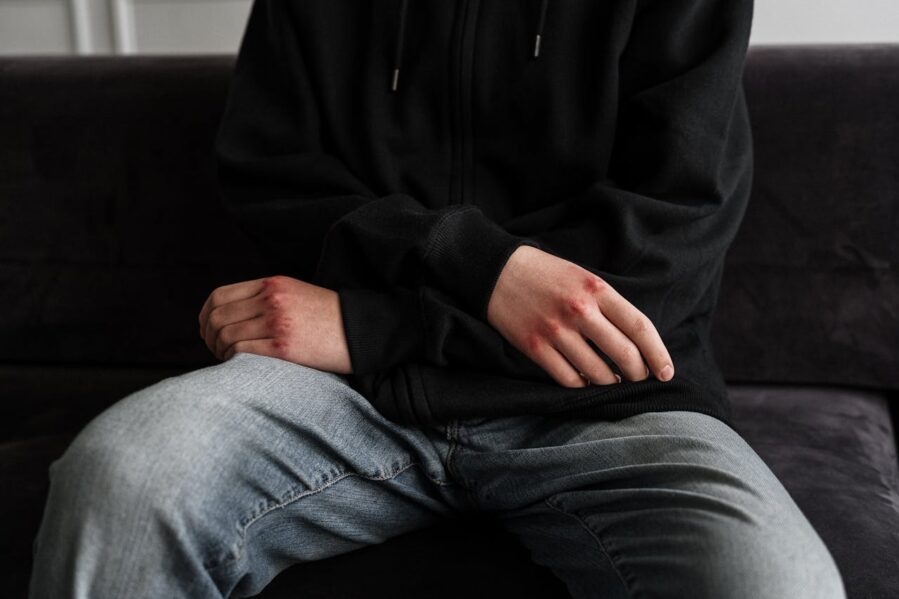Even after the gunfire ceases, the effects of war resonate within the home. A recent study from the University of Michigan indicates that families subjected to political violence are more inclined to redirect that aggression inward, altering the dynamics between parents and children long after the conflict subsides.
Researchers monitored over 1,000 families from Israel and Palestine across eight years, discovering that exposure to war-related stress permeates households. The trauma incites conflicts between parents, harsh disciplinary actions, and ultimately, aggressive behavior among children.
## How Violence Enters the Family System
The study, published in the *International Journal of Behavioral Development*, illustrates how political violence transmits across generations. Researcher Paul Boxer from U-M’s Institute for Social Research outlines a chain reaction that starts at the front lines and culminates in the living room.
> “Exposure to conflict serves as a source of genuine, persistent stress, heightening aggressiveness between parents, manifesting as hitting, yelling, and other confrontational behaviors—which in turn escalates their use of severe disciplinary methods with their children, ultimately fostering aggressive tendencies in the child,”
Boxer noted that the findings emphasize that war does not remain confined within borders. The strain of ongoing conflict alters normal family dynamics into their own battlegrounds, where shouting supplants comfort and children absorb the surrounding violence.
Utilizing data from 2007 to 2015, the researchers performed one of the first extensive, cross-cultural examinations on how exposure to ethnic-political violence disrupts family functionality. They found that parents under persistent threat frequently become more controlling and punitive, behaviors that children replicate as they mature.
## Lasting Echoes Beyond the Battlefield
Throughout the study period, close to 5,500 individuals were killed in the Israeli-Palestinian conflict, with over one in five victims being under 18. The figures reflect the apparent devastation of war. However, Boxer’s team identified a less visible aspect: its psychological contagion.
> “According to the data we possess, it has been surprising to observe how interethnic-political violence genuinely affects all facets of a child’s life,”
he stated. Even when families evade direct danger, the collective anxiety of war permeates their relationships. Parents experiencing unemployment or food scarcity exhibit similar stress reactions, but the addition of violence amplifies the detrimental effects. Children raised in this environment frequently exhibit increased aggression and distrust.
The researchers caution that the current escalation of violence in Israel and Gaza will likely exacerbate these family-level stressors. Their model is consistent with both the social ecological systems framework and the family stress model, highlighting how macro-level conflict interacts with micro-level parenting practices to perpetuate harm.
Boxer and his colleagues advocate for interventions that extend beyond individual trauma counseling. They propose family-centered initiatives that bolster mental health, promote nonviolent communication, and assist parents in modeling resilience even amidst pressure.
As Boxer expressed, programs must tackle not only the scars of war but also the subtle suffering that follows. Families, he remarked, are frequently the unintended casualties of geopolitical violence—trapped between survival and the struggle to maintain kindness towards one another.
[International Journal of Behavioral Development: 10.1177/01650254251377760](https://doi.org/10.1177/01650254251377760)
**There’s no paywall here**
*If our reporting has informed or inspired you, please consider making a donation. Every contribution, regardless of size, empowers us to continue delivering accurate, engaging, and trustworthy science and medical news. Independent journalism requires time, effort, and resources—your support ensures we can keep uncovering the stories that matter most to you.*
Join us in making knowledge accessible and impactful. Thank you for your support!
